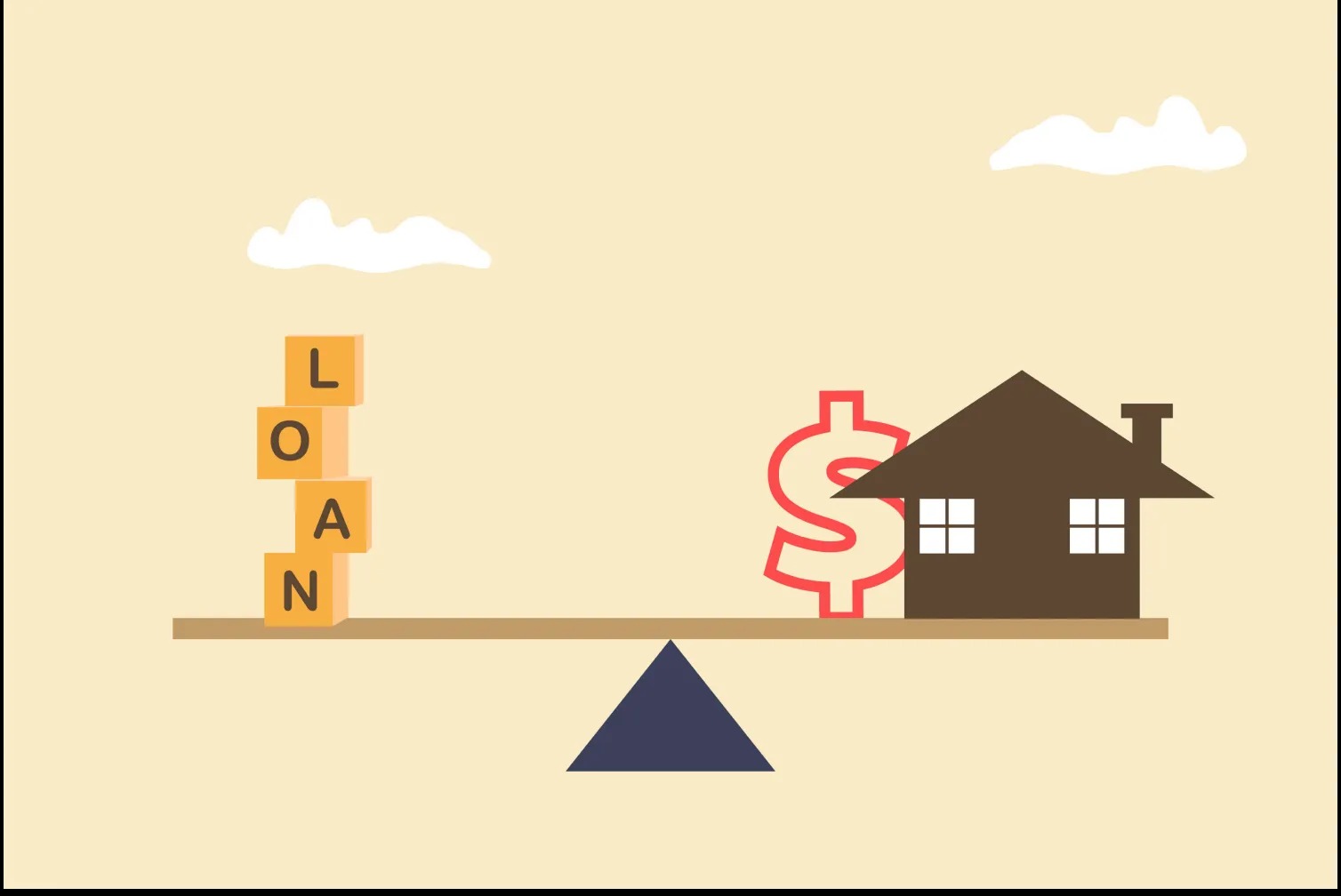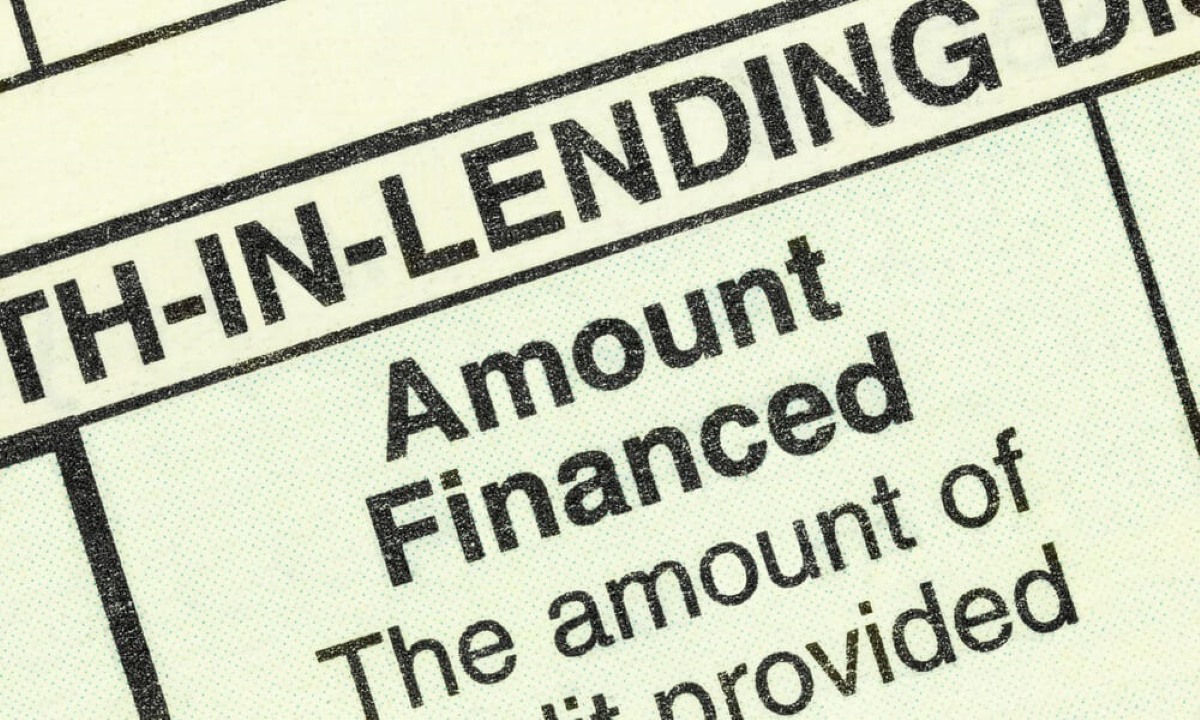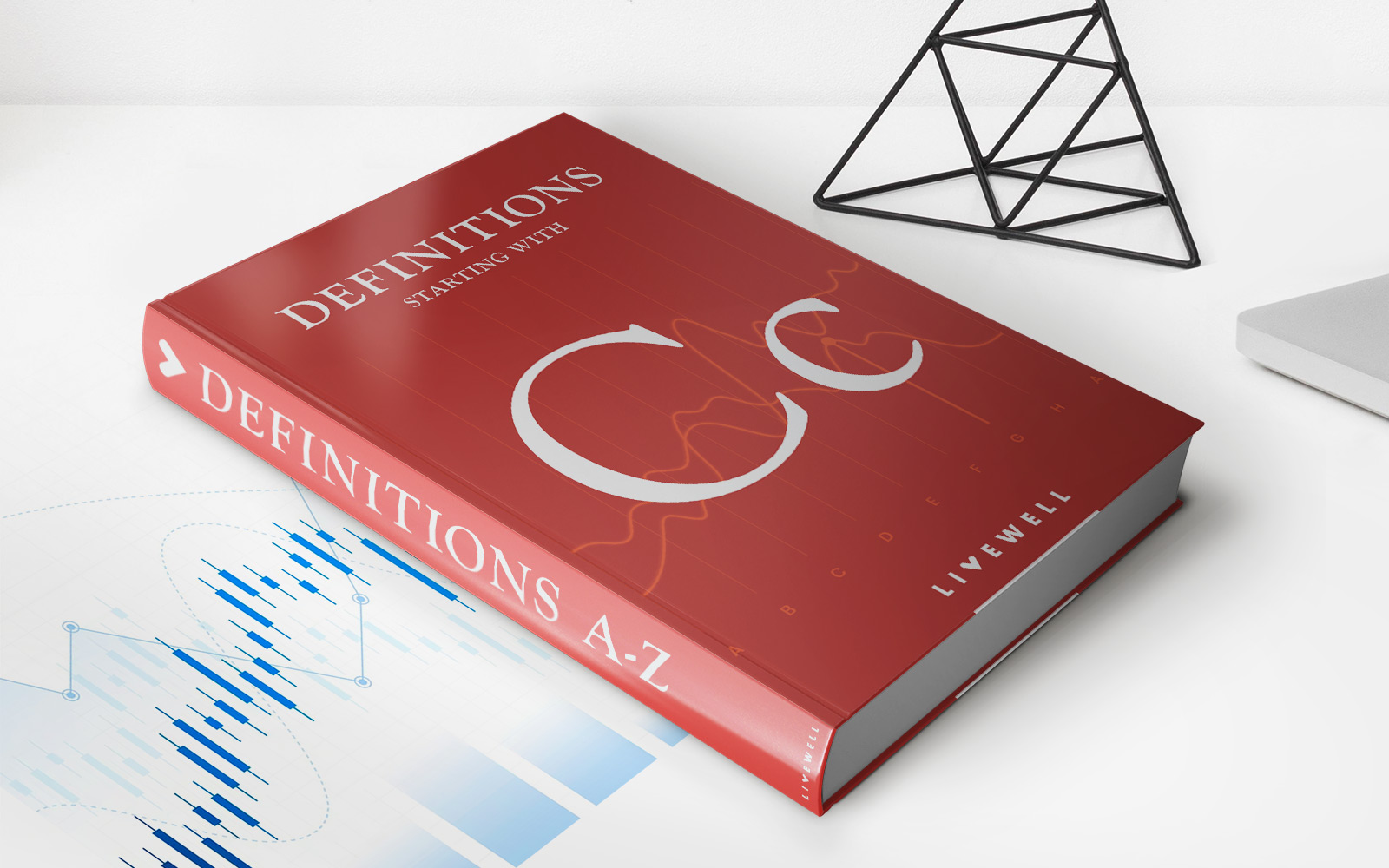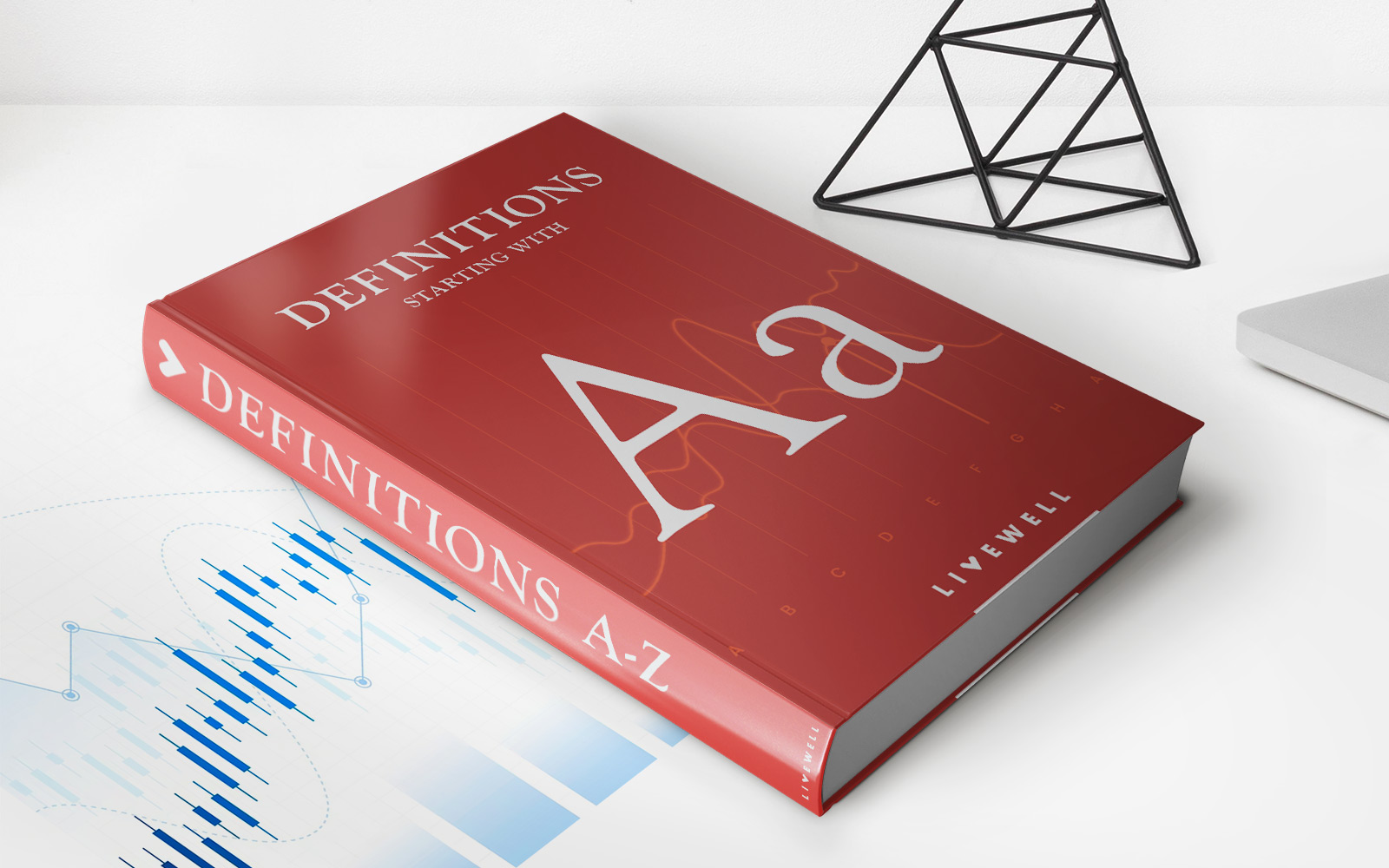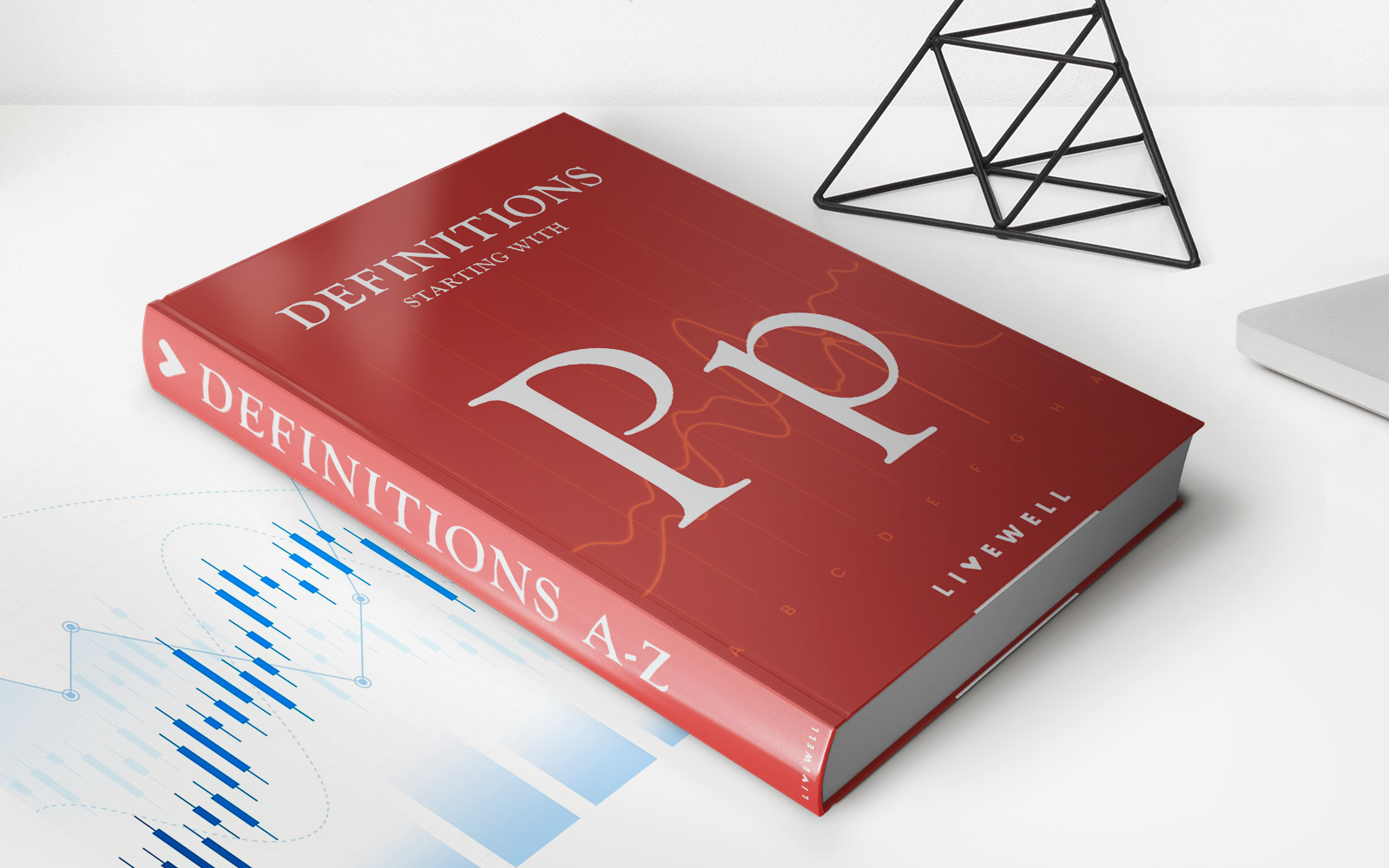

Finance
What Is A Grace Period In Economics?
Published: February 20, 2024
Learn about the concept of a grace period in economics and its significance in finance. Understand how it impacts financial transactions and management. Explore its role in the world of finance.
(Many of the links in this article redirect to a specific reviewed product. Your purchase of these products through affiliate links helps to generate commission for LiveWell, at no extra cost. Learn more)
Table of Contents
Introduction
When it comes to navigating the complex landscape of economics, understanding the concept of a grace period is essential. In the realm of finance and economics, a grace period holds significant importance, offering a buffer of time that can have a profound impact on financial transactions and obligations. Whether you’re delving into the intricacies of loan repayments, credit card bills, or international trade agreements, the concept of a grace period surfaces in various contexts, making it a pivotal element of economic operations.
By delving into the nuances of a grace period, we can unravel its multifaceted nature and explore its implications within the realm of economics. This article aims to elucidate the definition, purpose, and examples of grace periods in economics, shedding light on their benefits and drawbacks. By the end of this exploration, you will have a comprehensive understanding of the role that grace periods play in the economic landscape, equipping you with valuable insights into this fundamental concept.
Definition of Grace Period
A grace period, in the realm of economics, refers to a specified duration of time during which a debtor or a party involved in a financial transaction is granted an extension for fulfilling their obligations without facing penalties or negative consequences. This period serves as a buffer, allowing the debtor to make payments or fulfill obligations after the designated due date without incurring late fees, increased interest rates, or other punitive measures.
Grace periods are commonly associated with loan repayments, credit card bills, insurance premiums, and contractual agreements. In the context of loan repayments, for instance, a borrower may be granted a grace period after the due date, during which they can submit their payment without being subjected to late fees. Similarly, credit card companies often provide a grace period for customers to settle their outstanding balances without accruing additional charges.
It’s important to note that the specifics of a grace period, including its duration and conditions, are typically outlined in the terms and conditions of the financial agreement or contract. These details delineate the scope of the grace period, governing the extent to which the debtor can leverage this extension without facing repercussions.
Ultimately, a grace period serves as a mechanism for offering leniency and flexibility within the realm of financial transactions, recognizing that unforeseen circumstances or logistical challenges may hinder timely payments. By providing this window of opportunity, creditors and financial institutions aim to foster goodwill, support responsible financial management, and maintain positive relationships with their clients and partners.
Purpose of Grace Period
The primary purpose of a grace period in economics is to offer individuals and entities a reasonable timeframe to fulfill their financial obligations without incurring penalties or adverse consequences. This temporal reprieve acknowledges the potential challenges and uncertainties that can impede timely payments, providing a degree of flexibility to debtors and parties involved in financial transactions.
One of the key objectives of a grace period is to mitigate the impact of unforeseen circumstances that may hinder prompt payments. Whether it’s a temporary financial setback, logistical hurdles, or unexpected emergencies, individuals and businesses may encounter challenges that disrupt their ability to meet payment deadlines. The grace period acts as a safeguard, allowing them to address these obstacles and fulfill their obligations without facing punitive measures.
Furthermore, the presence of a grace period aligns with the principles of customer-centricity and relationship management within the financial sector. By affording debtors an opportunity to rectify delayed payments without incurring penalties, creditors and financial institutions demonstrate a level of understanding and empathy, fostering a positive rapport with their clients. This, in turn, contributes to customer satisfaction and loyalty, bolstering the long-term viability of these financial relationships.
From a broader economic perspective, grace periods contribute to financial stability by reducing the likelihood of default and non-payment. By providing a reasonable window for debtors to fulfill their obligations, the risk of delinquency is mitigated, thereby promoting greater stability within the financial ecosystem. This, in turn, can have a positive impact on credit ratings, financial health, and overall economic resilience.
Ultimately, the purpose of a grace period extends beyond the realm of mere leniency; it embodies a strategic approach to fostering financial prudence, maintaining positive relationships, and upholding the integrity of financial transactions within the dynamic landscape of economics.
Examples of Grace Periods in Economics
Grace periods manifest in various facets of economics, playing a pivotal role in diverse financial transactions and contractual agreements. Understanding these examples provides valuable insights into the practical applications of grace periods within the economic landscape.
1. Loan Repayments: In the realm of lending and borrowing, grace periods are often integrated into loan agreements. Borrowers are typically granted a specified period after the due date, during which they can make their payments without incurring late fees or penalties. This provision acknowledges that borrowers may encounter temporary financial constraints or logistical challenges, providing them with a window of opportunity to rectify delayed payments without facing adverse consequences.
2. Credit Card Payments: Credit card companies commonly offer a grace period for customers to settle their outstanding balances without accruing additional charges. This period, typically spanning from the end of the billing cycle to the payment due date, allows cardholders to manage their finances and make timely payments without incurring punitive measures.
3. Insurance Premiums: Many insurance policies incorporate a grace period, enabling policyholders to pay their premiums beyond the due date without experiencing lapses in coverage. This accommodation recognizes that individuals may encounter temporary financial constraints or oversights, providing them with an opportunity to maintain their insurance coverage without facing immediate repercussions.
4. International Trade Agreements: Grace periods also feature in international trade agreements, particularly in the context of payment terms for import and export transactions. These grace periods afford buyers and sellers a designated timeframe to fulfill their financial obligations without penalties, contributing to the smooth facilitation of global trade and commerce.
These examples underscore the pervasive nature of grace periods in economics, underscoring their role in promoting financial flexibility, mitigating the impact of unforeseen challenges, and nurturing positive relationships within the realm of economic transactions.
Benefits and Drawbacks of Grace Periods
Grace periods in economics offer a range of advantages and disadvantages, influencing the dynamics of financial transactions and obligations. By examining these benefits and drawbacks, we can gain a comprehensive understanding of the implications of grace periods within the economic landscape.
Benefits:
- Flexibility and Leniency: Grace periods provide debtors with a degree of flexibility, acknowledging that unforeseen circumstances or temporary financial constraints may impede timely payments. This leniency fosters a supportive environment for individuals and businesses, enabling them to navigate challenges without facing immediate penalties.
- Relationship Building: By affording debtors a grace period, creditors and financial institutions demonstrate a level of understanding and empathy, nurturing positive relationships with their clients. This customer-centric approach contributes to enhanced satisfaction, loyalty, and long-term partnerships within the financial domain.
- Financial Stability: Grace periods contribute to financial stability by reducing the risk of default and non-payment. This, in turn, bolsters the integrity of financial transactions, mitigates the impact of delinquency, and fosters a more resilient economic ecosystem.
Drawbacks:
- Potential for Abuse: In some cases, debtors may exploit grace periods as a means to delay payments without facing repercussions, potentially leading to prolonged delinquency and financial strain for creditors.
- Impact on Cash Flow: For creditors and financial institutions, extended grace periods can impact cash flow and liquidity, potentially posing challenges in managing operational expenses and financial obligations.
- Complexity and Administration: Managing and administering grace periods within diverse financial agreements and transactions can introduce complexity, requiring meticulous oversight and documentation to ensure compliance and adherence to the specified terms.
By weighing these benefits and drawbacks, stakeholders within the economic landscape can make informed decisions regarding the implementation and utilization of grace periods, recognizing the nuanced impact they have on financial dynamics and relationships.
Conclusion
The concept of a grace period in economics embodies a delicate balance of leniency, pragmatism, and relationship management within the realm of financial transactions. By providing individuals and entities with a buffer of time to fulfill their obligations without incurring penalties, grace periods serve as a crucial mechanism for fostering financial flexibility, mitigating the impact of unforeseen challenges, and nurturing positive relationships within the economic landscape.
Throughout this exploration, we’ve delved into the definition, purpose, examples, and implications of grace periods, unraveling their multifaceted nature and pervasive presence across diverse facets of economics. From loan repayments and credit card bills to international trade agreements, grace periods play a pivotal role in shaping the dynamics of financial transactions, offering a degree of flexibility and understanding that resonates with the complexities of modern economic interactions.
While grace periods offer an array of benefits, including flexibility, relationship building, and financial stability, it’s crucial to acknowledge the potential drawbacks, such as the risk of abuse and implications for cash flow management. By recognizing these nuances, stakeholders can navigate the utilization of grace periods with a comprehensive understanding of their impact on financial dynamics and relationships.
In essence, the presence of grace periods within economics underscores the intricate interplay between financial prudence, customer-centricity, and operational pragmatism. By embracing the concept of grace periods with a nuanced approach, individuals, businesses, and financial institutions can leverage this mechanism to foster responsible financial management, maintain positive relationships, and navigate the complexities of economic transactions with empathy and resilience.
As the economic landscape continues to evolve, the concept of grace periods remains a cornerstone of financial operations, embodying the principles of understanding, flexibility, and strategic relationship management within the dynamic tapestry of economics.





